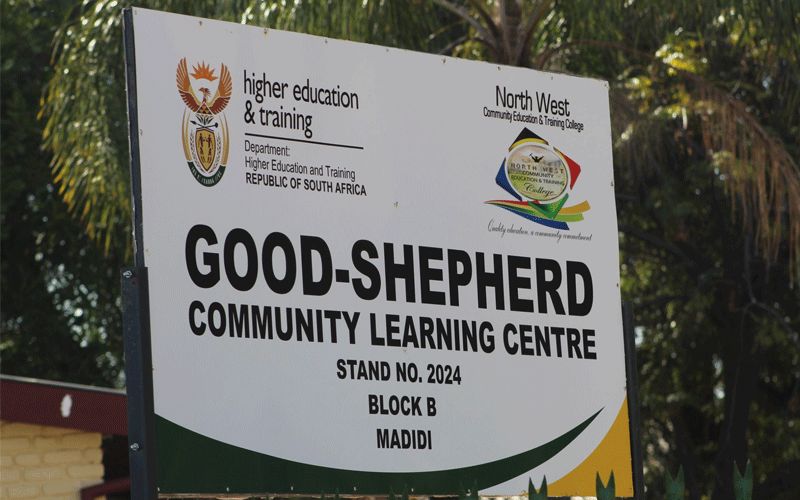Madidi, 21 May, 2020 / 2:32 am (ACI Africa).
With reported increasing cases of job losses and food shortage in South Africa following the COVID-19 lockdown in the country, charity organizations have come out strongly to support the most adversely affected.
Among these are the Sisters of Good Shepherd who are documented by the Southern African Catholic Bishops’ Conference (SACBC) on the conferences website.
“In different ways people of good will have gone all out to extend a hand of charity to the needy of our society, especially during this time when COVID-19 has added another blow of poverty to many disadvantaged of our society,” read the article that was published on the SACBC website.
The article further read, “Since the beginning of lockdown in South Africa, we have witnessed many charity works by different institutions, churches, faith based organizations and individual people, responding to the needs of the poor, mostly by distributing food parcels to them.”
On Wednesday, May 19, the nuns who run Good-Shepherd Learning Centre, donated food and COVID-19 personal protective gear to tens of poor people in Madidi, an impoverished community in the North Western Province of South Africa.








